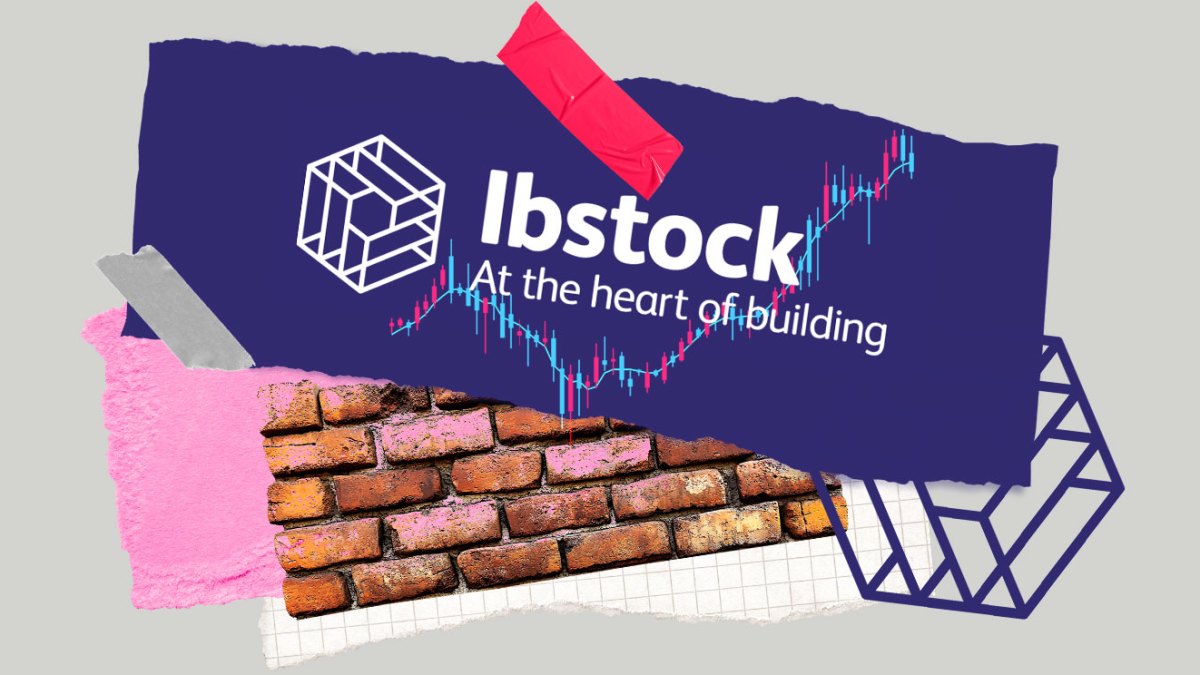The public-facing victims of a slow housing market are estate agents and developers, but companies in the supply chain are also hit when people stop moving.
Ibstock, Britain’s biggest brickmaker, is chief among them. Had one heeded Tempus advice to buy the shares back in 2024, they would have been sitting pretty — until this summer.
The shares have lost a third of their value since June, when Ibstock warned that this year’s underlying profit was likely to be about £12 million less than the £91 million bosses had been guiding towards.
Shareholders were told that although sales were running “materially above” last year’s levels, margins had been crimped by an inability to put up prices enough to offset rising costs.
A second warning came this month, and this time it was demand-driven. Ibstock said that it had seen “weaker than expected demand” for its bricks and roof tiles in recent weeks, to which several analysts responded by cutting their annual profit forecast to £70 million.
Ibstock’s struggles reflect those of its housebuilder clients, to whom it supplies all manner of clay and concrete products: from bricks and roof tiles to bollards, pavement edging and lift shafts.
Almost all of the big developers have seen their sales rates slow since summer. Bellway’s sales, for example, are running 15 per cent below 2024. Rightmove’s latest data, published on Monday, confirms there has been no “autumn bounce” in 2025, which is normally one of the busiest times of year in the housing market.
• Budget tax uncertainty robs housing market of autumn bounce
Developers build at the rate they can sell, so if they are selling fewer homes, they will slow their build rates, which means less need for bricks, tiles and everything else they get from Ibstock.
Some of the slowdown has been brought on by dwindling consumer confidence, growing worries about job security and mortgage rates not coming down as quickly as exepected. The budget, and the late timing of it, is also causing people to retreat to the sidelines, given all the speculation around an overhaul of stamp duty and a possible “mansion tax”.
Barring some radical, and surprising, announcements in the budget, the expectation among the housebuilders is that this malaise is unlikely to clear this side of Christmas.
“The market will be flat all the way through to December now, and my suggestion is that it’ll likely pick up at the start of January because the budget is never as bad as everyone assumes and people get on with their lives,” Jason Honeyman, Bellway’s chief executive, predicted last week.
• Cut property taxes that stop us building, developers tell Reeves
That is one reason not to bother getting involved for the time being. Another is that brick demand is likely to take longer to recover than anticipated: Jefferies’ analysts thought volumes would recover to 90 per cent of the 2022 peak by 2028, but now they think 80 per cent is more likely by that point.
If they are right, that would make it more challenging for Ibstock to meet consensus profit expectations over the coming couple of years. On top of that, even with the recent collapse which has left them only 10p above the record lows reached after the Brexit vote, Ibstock shares do not look especially great value.
They are trading on a forward price-to-earnings multiple of 17.2 times, dearer than they were in 2022 and early 2023, when the housing market was still enjoying its post-lockdown “mini boom”. Two of its, admittedly smaller, rivals, Forterra and Michelmersh, trade on price-to-earnings multiples of 13.6 times and 9.5 times, respectively.
• Emma Duncan: The wicked problem of housebuilding needs bold solutions
An estimated dividend yield of 3.8 per cent in 2026 and a free cash flow yield of 9 per cent will keep some investors interested, but again, that is no better than what you could get from owning shares in one of Ibstock’s rivals.
Longer-term, the housing market must recover given Labour has made building many more homes a policy priority, but for the time being there is little reason to own Ibstock shares. Keep an eye on it in the new year, though: as soon as the housing market shows renewed signs of life, so too will Ibstock.
ADVICE Hold
WHY Housing market unlikely to improve until the new year, even if dividend yield looks attractive
